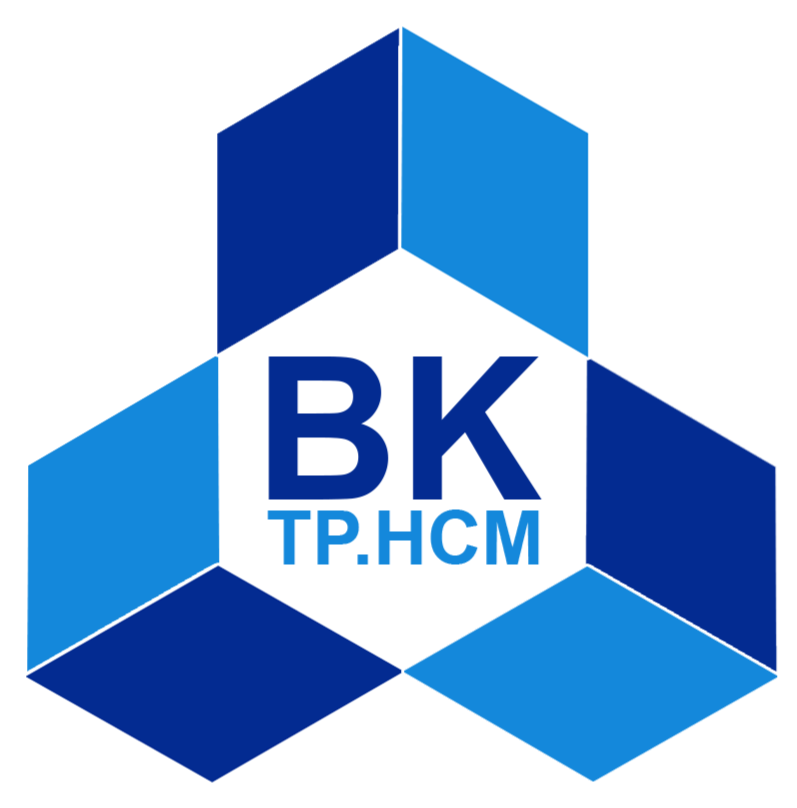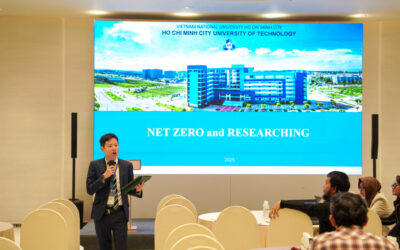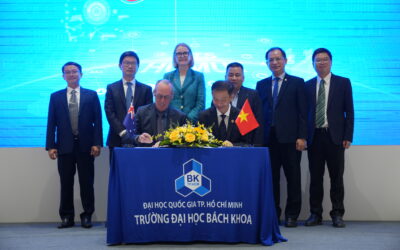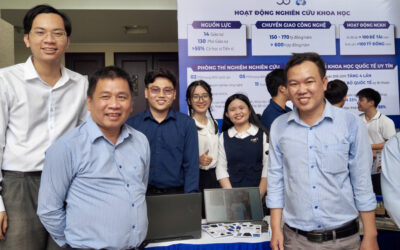Fluent in English, intrigued by the offshore platforms, and passionate for travel and the ocean? If you’re considering a career in Petroleum Engineering but remain unsure, this is for you! Join OISP as we listen to the firsthand experiences of our accomplished alumni to help you make an informed decision about your future.
A DIVERSE AND EVOLVING FIELD WITH ENORMOUS POTENTIAL

Trần Hưng Thịnh, a 2014 graduate of the English-taught Petroleum Engineering program, offers valuable perspective from his current role as Process Engineer and Assistant Director at Hyosung Vina Chemicals Vietnam. “Currently, I manage the largest underground LPG (liquefied petroleum gas) storage facility in Southeast Asia – with a 192-meter-deep marvel that has a capacity of 240,000 tons,” Thịnh explains. “My responsibilities encompass operating LPG treatment and storage equipment, overseeing the digital control system, and managing both domestic transportation and international export of LPG.”
Through his five-plus years of experience, Thịnh highlights three key aspects: diversity, potential, and continuous growth.
Unparalleled Diversity: Petroleum Engineering graduates have a wealth of career options beyond the traditional oil and gas sector: petrochemicals, gas, and even clean energy solutions. Additionally, graduates can choose from a variety of roles: project engineer, process engineer, or field engineer, etc.
Promising Future: The global demand for energy shows no signs of abating. This trend presents both challenges and opportunities, creating a strong demand for highly skilled professionals who can address the evolving needs of the industry. As a result, it promises excellent long-term prospects.
Continuous Growth and Development: Petroleum Engineering graduates are well-positioned to seamlessly integrate into professional environments, with opportunity to learn from international experts and gain exposure to cutting-edge technologies. This fosters continuous development for the graduates to advance rapidly in their careers.
Thịnh’s experience exemplifies this perfectly. “The English-taught Petroleum Engineering program equipped me with a powerful combo: specialised knowledge, industry-specific English language skills, and crucial soft skills like communication, analysis, critical thinking, and logical reasoning,” he shares. “This comprehensive skillset empowered me to confidently enter the competitive job market.” Furthermore, Thịnh emphasises the invaluable support he received from his Faculty of Engineering seniors throughout his professional journey, including his master’s degree studies. “Their guidance and support played a critical role in helping me continuously enhance my knowledge, skills, and experience. This, in turn, has allowed me to excel in my current position,” he concludes.
Currently, The oil and gas industry is a cornerstone of the Vietnamese economy, attracting significant domestic and foreign investment. Globally, the sector is experiencing a period of steady growth, with numerous refineries expanding their operations worldwide. This translates to a flourishing job market for petroleum engineering graduates, offering attractive salaries and a wealth of exciting career opportunities.
EMBRACING CHALLENGES, SEIZING OPPORTUNITIES, AND GAINING RICH EXPERIENCES

Nguyễn Phát Tài, a K2016 of the English-taught Petroleum Engineering program, currently works as a Technical Consultant at PVD Training, offering a glimpse into the industry insight:
“My role involves consulting with clients on oil and gas safety and drilling-production operations. I also have the privilege of assisting trainees enrolled in our well control technology courses.
For me, the oil and gas industry is a crucible that forges a unique blend of challenges, opportunities, and experiences . As a vital sector for Vietnam’s economic engine, it demands constant innovation and adaptability from its labourers to stay ahead of the curve. The industry also presents a one-of-a-kind chance to work directly on offshore platforms in diverse locations and adapt to unconventional work-life schedules.”
Tài emphasises the critical role that the English-taught Petroleum Engineering program at HCMUT’s Faculty of Engineering played in his career success. “The program provided me with the essential industry-specific English, which is crucial for effectively performing my job duties,” he shares. “From my personal experience, foreign language proficiency is the most important skill for petroleum engineering students to develop early on in their academic journey.”
“Beyond that, the program provided me with a robust understanding of various aspects, including geology, drilling, oil & gas production, and environmental issues,” Tài adds. “Moreover, the university’s focus on soft skills development, starting from the freshman year, has proven invaluable to help me integrate into the fast-paced company environment.”
“Also, the Faculty of Geology and Petroleum Engineering boasts a strong network of highly successful alumni. By actively building relationships with these accomplished predecessors, students can unlock doors to a wider range of promising career opportunities,” he advises.
| To address the growing demand for highly skilled professionals in the oil and gas sector, Ho Chi Minh City University of Technology, Vietnam National University-Ho Chi Minh City (HCMUT, VNU-HCM – Code: QSB)’s Faculty of Engineering has been offering cutting-edge English-taught and Transnational Education Programs since 2013. English-taught Petroleum Engineering Program: Entirely delivered in English, with the curriculum and credit structure meticulously designed with reference to prestigious universities in the United States (Texas University of Technology, California San Diego University, etc) and Australia (University of Adelaide, etc). The program actively encourages early research opportunities, regular exposure to the latest industry-specific materials, and participation in internships and field trips at leading Vietnamese oil and gas companies and corporations. Transnational Education Petroleum Engineering Program: A collaborative training program with the University of Adelaide (Australia), with a holistic curriculum integrating geological sciences (reservoir integration, reservoir modelling, geological modelling, drilling and production techniques) with management science through hands-on research projects. |



